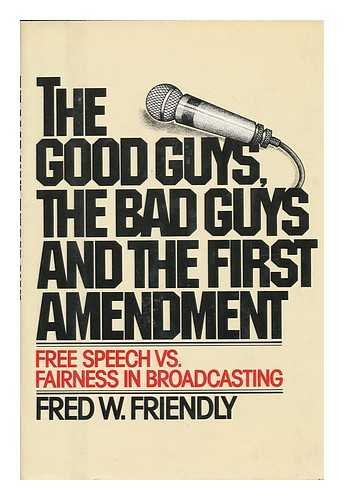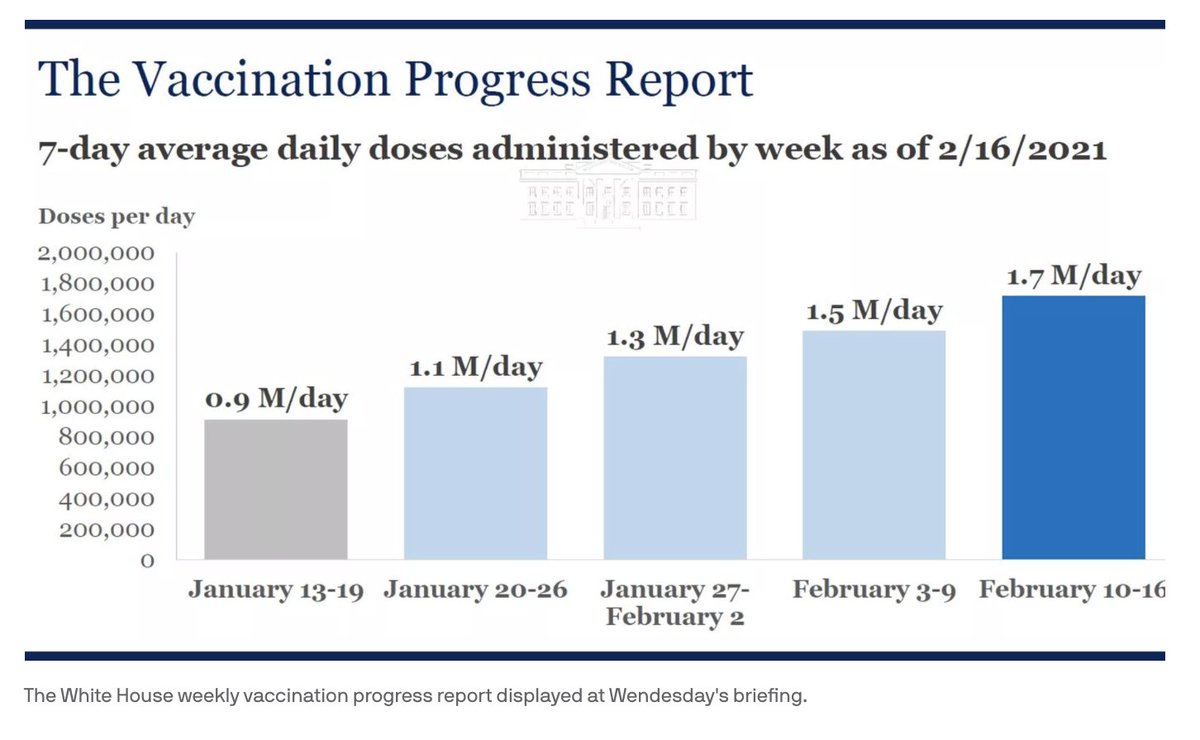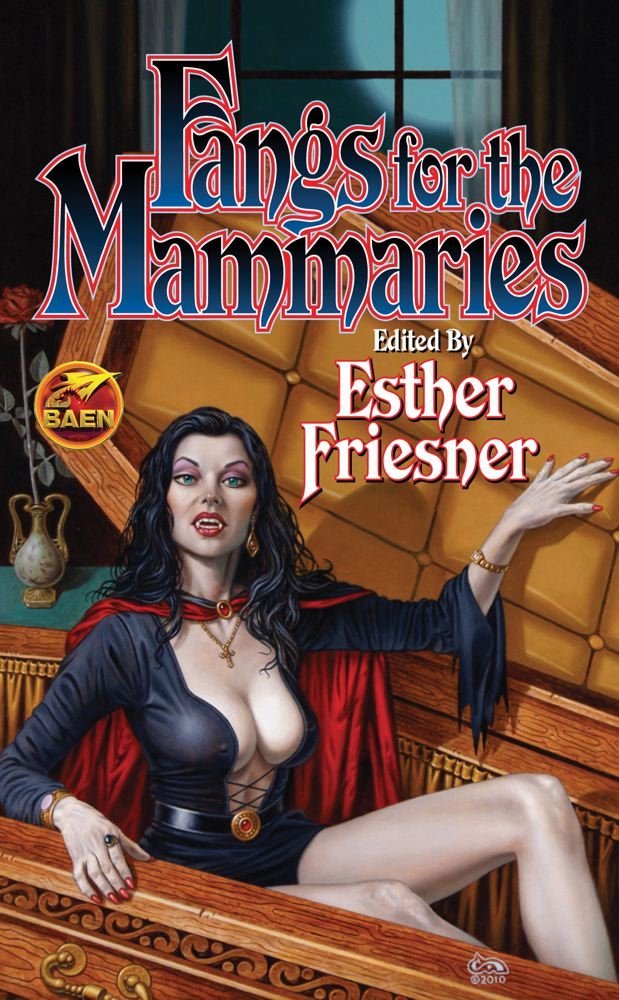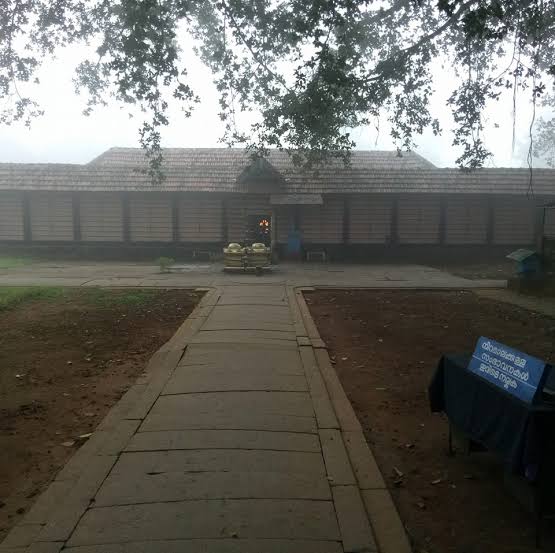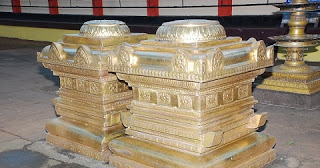If a critical mass of people on twitter generate enough Section 230 hot takes, all that energy fuses to create renewed interest in the #FairnessDoctrine.
I wrote a book on the FD so let me walk you through why reviving it would be a terrible, horrible, no good, very bad idea.
https://t.co/Y0UNuumUMg
https://t.co/3ppLTMrYjH
More from Paul Matzko
This is a great question from @HeerJeet and it has very old roots. In my book, I discuss a similar period of anxiety in the 1960s about the possibility of Air Force officers being involved in a coup. Thread.
Given the size of the US military in WW2, afterwards there was a spike in concern that some of these demilitarized veterans would be amenable to radicalization and supportive of insurrection. These fears heightened after the coups in France/Algiers in 1958 and 1961.
This was the peak era of the Cold War, so anti-communist anxiety was layered over top. The Right feared that communist infiltrators in the government would subvert the Republic. The Left feared that anti-communist military officers would launch a preemptive, paranoid coup.
Note as well that the foundation for these fears was rooted in a novel concept that journalist Edward Hunter had recently coined, "brainwashing." The idea was that US POWs held by North Korea had been brainwashed into accepting communism & might act as a fifth column back home.
You can see that particular paranoia in cultural artifacts from the time like "The Manchurian Candidate," novel in 1959 and the hit 1962 movie starring Frank Sinatra and the incomparable Angela Lansbury. Those sneaky commies nearly infiltrated the Oval Office itself, oh no!!
What's the back story about why so many former air force people are coup friendly?
— Jeet Heer (@HeerJeet) January 10, 2021
Given the size of the US military in WW2, afterwards there was a spike in concern that some of these demilitarized veterans would be amenable to radicalization and supportive of insurrection. These fears heightened after the coups in France/Algiers in 1958 and 1961.
This was the peak era of the Cold War, so anti-communist anxiety was layered over top. The Right feared that communist infiltrators in the government would subvert the Republic. The Left feared that anti-communist military officers would launch a preemptive, paranoid coup.
Note as well that the foundation for these fears was rooted in a novel concept that journalist Edward Hunter had recently coined, "brainwashing." The idea was that US POWs held by North Korea had been brainwashed into accepting communism & might act as a fifth column back home.
You can see that particular paranoia in cultural artifacts from the time like "The Manchurian Candidate," novel in 1959 and the hit 1962 movie starring Frank Sinatra and the incomparable Angela Lansbury. Those sneaky commies nearly infiltrated the Oval Office itself, oh no!!
More from Culture
I just finished Eric Adler's The Battle of the Classics, and wanted to say something about Joel Christiansen's review linked below. I am not sure what motivates the review (I speculate a bit below), but it gives a very misleading impression of the book. 1/x
The meat of the criticism is that the history Adler gives is insufficiently critical. Adler describes a few figures who had a great influence on how the modern US university was formed. It's certainly critical: it focuses on the social Darwinism of these figures. 2/x
Other insinuations and suggestions in the review seem wildly off the mark, distorted, or inappropriate-- for example, that the book is clickbaity (it is scholarly) or conservative (hardly) or connected to the events at the Capitol (give me a break). 3/x
The core question: in what sense is classics inherently racist? Classics is old. On Adler's account, it begins in ancient Rome and is revived in the Renaissance. Slavery (Christiansen's primary concern) is also very old. Let's say classics is an education for slaveowners. 4/x
It's worth remembering that literacy itself is elite throughout most of this history. Literacy is, then, also the education of slaveowners. We can honor oral and musical traditions without denying that literacy is, generally, good. 5/x
As someone\u2019s who\u2019s read the book, this review strikes me as tremendously unfair. It mostly faults Adler for not writing the book the reviewer wishes he had! https://t.co/pqpt5Ziivj
— Teresa M. Bejan (@tmbejan) January 12, 2021
The meat of the criticism is that the history Adler gives is insufficiently critical. Adler describes a few figures who had a great influence on how the modern US university was formed. It's certainly critical: it focuses on the social Darwinism of these figures. 2/x
Other insinuations and suggestions in the review seem wildly off the mark, distorted, or inappropriate-- for example, that the book is clickbaity (it is scholarly) or conservative (hardly) or connected to the events at the Capitol (give me a break). 3/x
The core question: in what sense is classics inherently racist? Classics is old. On Adler's account, it begins in ancient Rome and is revived in the Renaissance. Slavery (Christiansen's primary concern) is also very old. Let's say classics is an education for slaveowners. 4/x
It's worth remembering that literacy itself is elite throughout most of this history. Literacy is, then, also the education of slaveowners. We can honor oral and musical traditions without denying that literacy is, generally, good. 5/x
@bellingcat's attempt in their new book, published by
@BloomsburyBooks, to coverup the @OPCW #Douma controversy, promote US and UK gov. war narratives, and whitewash fraudulent conduct within the OPCW, is an exercise in deception through omission. @BloomsburyPub @Tim_Hayward_
1) 2000 words are devoted to the OPCW controversy regarding the alleged chemical weapon attack in #Douma, Syria in 2018 but critical material is omitted from the book. Reading it, one would never know the following:
2) That the controversy started when the original interim report, drafted and agreed by Douma inspection team members, was secretly modified by an unknown OPCW person who had manipulated the findings to suggest an attack had occurred. https://t.co/QtAAyH9WyX… @RobertF40396660
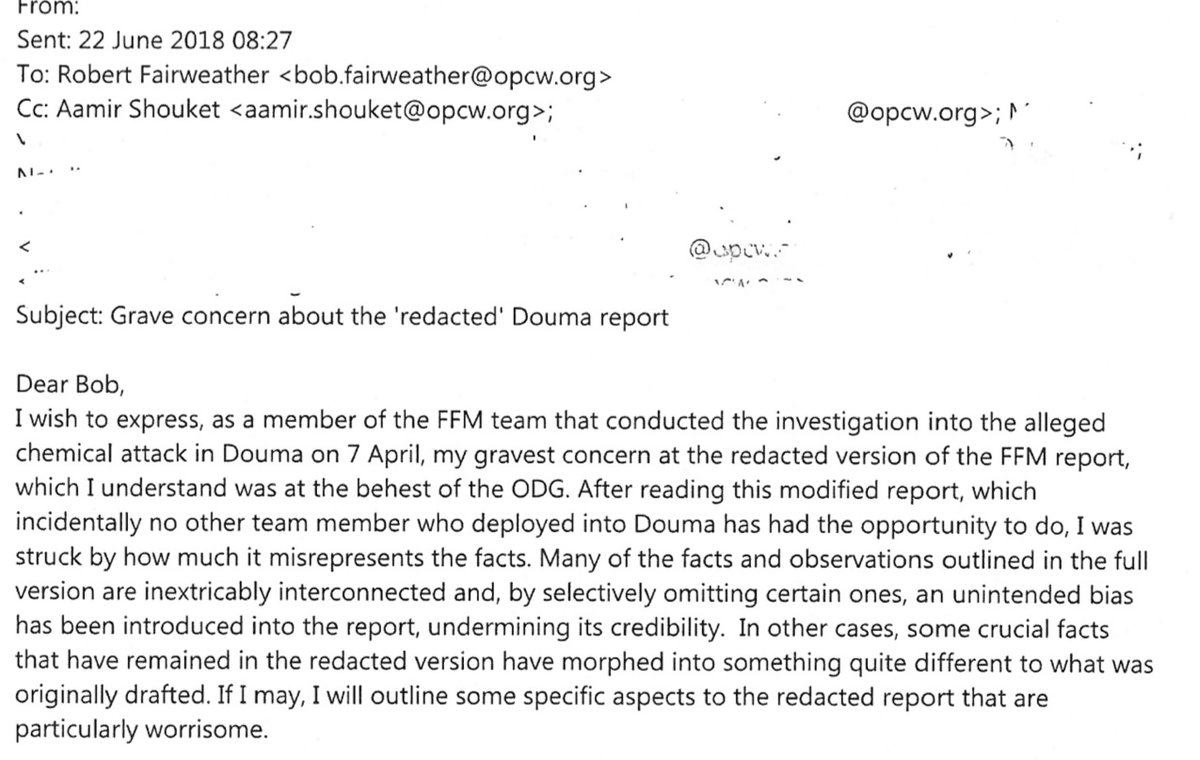
3) This act of attempted deception was only derailed because an inspector discovered the secret changes. The manipulations were reported by @ClarkeMicah
and can be readily observed in documents now available https://t.co/2BUNlD8ZUv….
4) @bellingcat's book also makes no mention of the @couragefoundation panel, attended by the @opcw's first Director General, Jose Bustani, at which an OPCW official detailed key procedural irregularities and scientific flaws with the Final Douma Report:
@BloomsburyBooks, to coverup the @OPCW #Douma controversy, promote US and UK gov. war narratives, and whitewash fraudulent conduct within the OPCW, is an exercise in deception through omission. @BloomsburyPub @Tim_Hayward_
\u201cAllegations of our involvement with the intelligence services are of course false,\u201d says Bellingcat founder @EliotHiggins https://t.co/55V7sJV9or
— UnHerd (@unherd) February 15, 2021
1) 2000 words are devoted to the OPCW controversy regarding the alleged chemical weapon attack in #Douma, Syria in 2018 but critical material is omitted from the book. Reading it, one would never know the following:
2) That the controversy started when the original interim report, drafted and agreed by Douma inspection team members, was secretly modified by an unknown OPCW person who had manipulated the findings to suggest an attack had occurred. https://t.co/QtAAyH9WyX… @RobertF40396660

3) This act of attempted deception was only derailed because an inspector discovered the secret changes. The manipulations were reported by @ClarkeMicah
and can be readily observed in documents now available https://t.co/2BUNlD8ZUv….
4) @bellingcat's book also makes no mention of the @couragefoundation panel, attended by the @opcw's first Director General, Jose Bustani, at which an OPCW official detailed key procedural irregularities and scientific flaws with the Final Douma Report:

